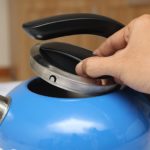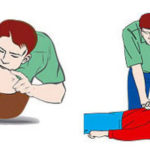As the Lunar New Year approaches, adults often neglect their children due to busyness, which can lead to various accidents and health hazards. To ensure your child’s safety, parents should be aware of potential accidents and take preventive measures.
1. Common Accidents Causing Injuries to Young Children During Tet
According to BSCK2 Nguyen Minh Tien, Deputy Director of the Pediatric Hospital in Ho Chi Minh City, during the busy year-end period when people prepare for Tet, young children aged 1-3 years old are often left unattended.
At this young age, children are susceptible to accidents such as choking on small objects, burns, drowning, trauma, drinking toxic chemicals, and electric shocks, among others.
These accidents can be life-threatening and may even lead to death if not detected early.
 Children can easily choke when laughing, crying, and eating nuts
Children can easily choke when laughing, crying, and eating nuts
One of the most common accidents is choking on small objects, such as sunflower seeds, watermelon seeds, and betel nuts, which are commonly consumed during Tet. Children are especially prone to choking when they are laughing, crying, and eating these nuts.
Additionally, many families decorate their homes with flashing string lights, which can attract young children and lead to electric shocks if they touch the lights.
 Flashing string lights used for decoration
Flashing string lights used for decoration
It is also common for families to use tablecloths and place hot tea pots, thermoses, or hot food on them. Children may accidentally pull on the tablecloth, causing hot food or drinks to spill and result in burns.
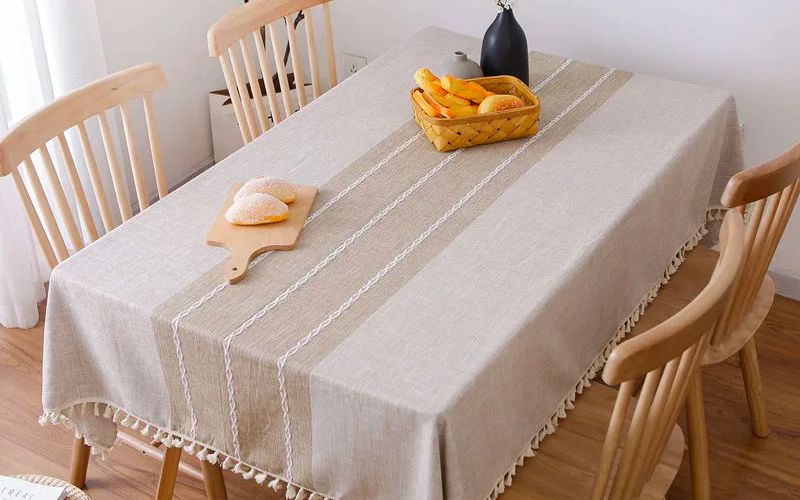 Children may pull on the tablecloth, causing hot food to spill
Children may pull on the tablecloth, causing hot food to spill
Another common hazard is drowning. Young children often play and run in the yard, especially near water features such as miniature mountains, ponds, or water tanks, where they can fall and drown.
For younger children who are curious and explore their surroundings by putting things in their mouths, toxic chemicals and cleaning products can pose a serious danger if ingested.
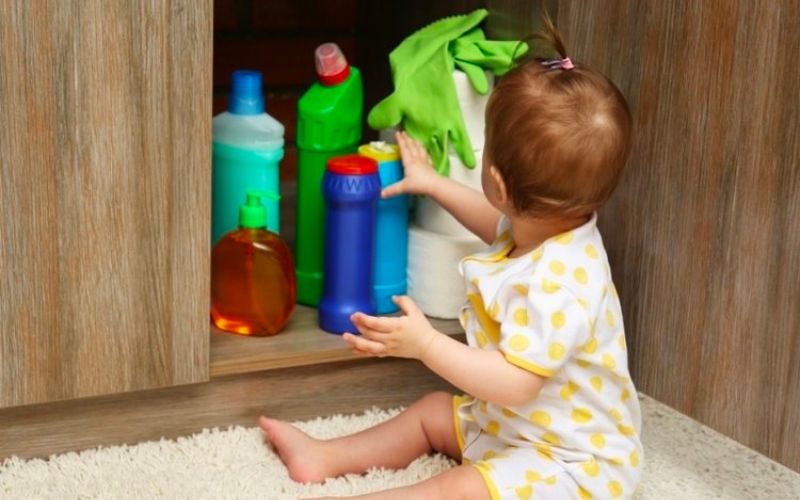 Cleaning products can be hazardous if ingested
Cleaning products can be hazardous if ingested
2. How to Prevent Accidents for Young Children During Tet
- Avoid giving young children sunflower seeds, watermelon seeds, or betel nuts to eat. If you do give them these nuts, closely supervise them while they eat.
- Minimize the use of flashing decorative lights or keep them out of children’s reach. Cover electrical outlets with safety caps.
- Avoid using tablecloths or secure them firmly to avoid children pulling them down.
- Do not have water features inside the house if you have young children.
- Do not store toxic chemicals in beverage containers and keep them out of children’s sight and reach.
- It is best for parents to feed their children directly to prevent them from running around with utensils, which can cause accidents.
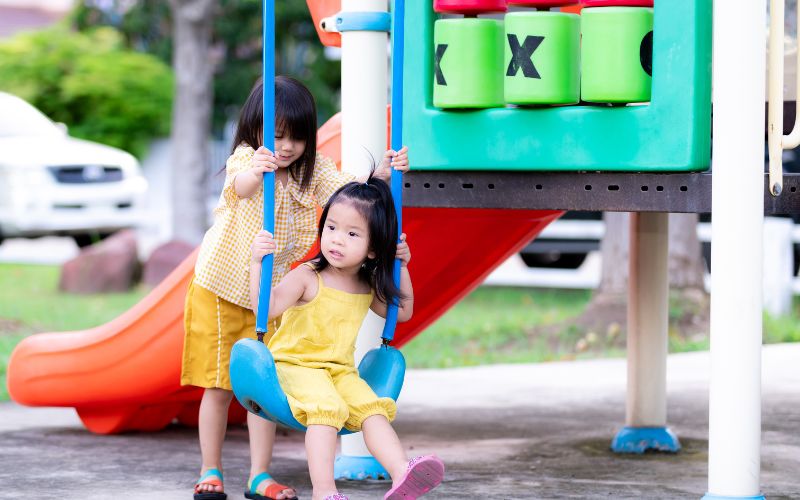 Tips to prevent accidents and keep children safe during Tet
Tips to prevent accidents and keep children safe during Tet
These are some of the common accidents that can occur during Tet, and by being aware of them, parents can take the necessary precautions to ensure their children have a safe and happy holiday.
Source: Education and Times Newspaper
Install your hot water heater carefully: Electrical leaks can be dangerous
The installation of a water heater is a crucial step that many families overlook. However, it is important to approach this task with care and attention to detail. Despite its importance, there are still many households that underestimate the significance of this process. As a result, they may encounter various issues and complications down the line. By taking the time to properly install a water heater, homeowners can ensure its optimal performance and longevity. Don’t underestimate the importance of this task – invest the time and effort now to avoid potential headaches in the future.
Wrong first aid, unintentionally harming children
Not only are there many dangers lurking in ponds and lakes, but recently there have been numerous heartbreaking incidents of children drowning right at home due to falling into a bucket or tub of water that their parents left out. What’s worth mentioning is that some children have tragically lost their lives because of adults administering incorrect first aid.


























